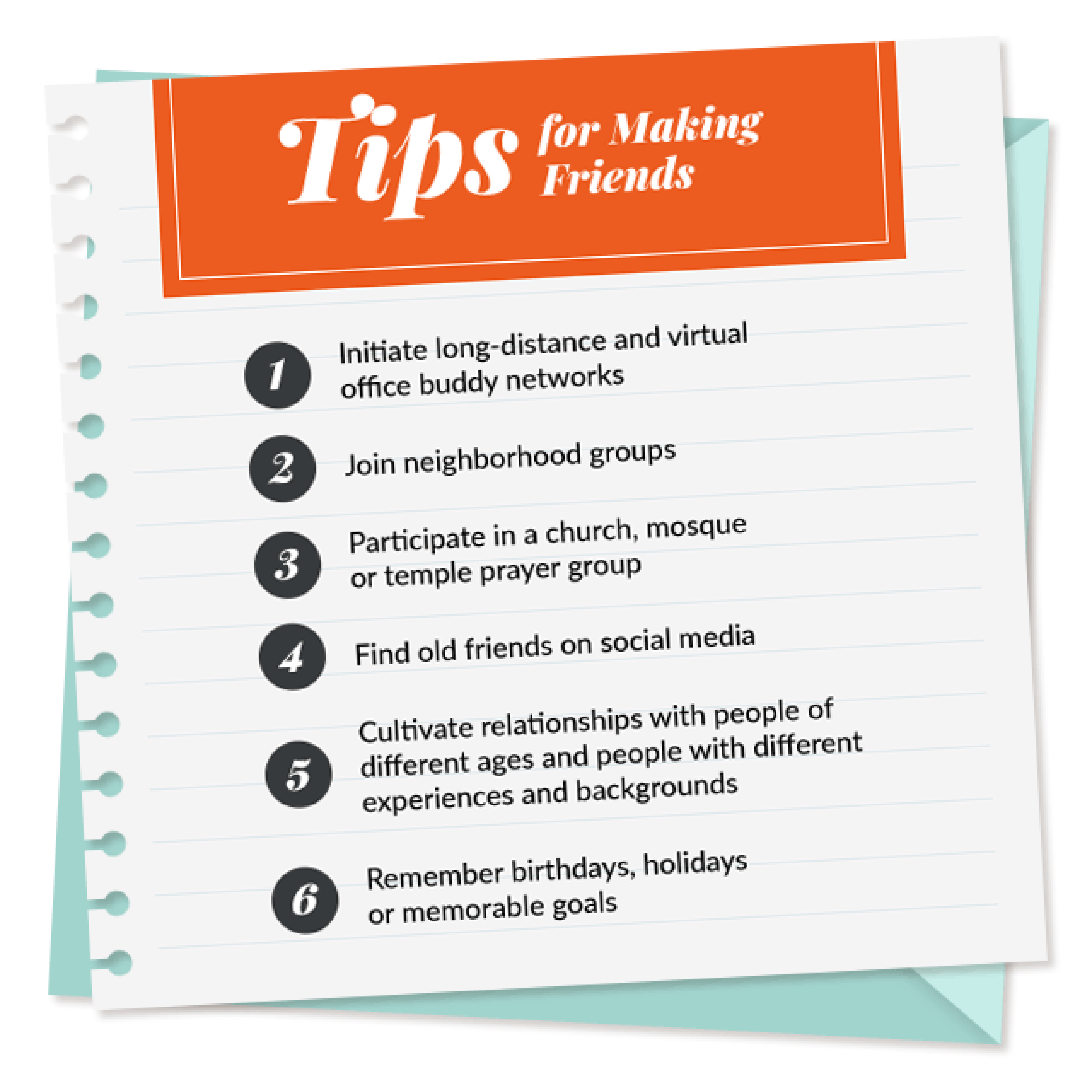The Importance of Friendship in Our Lives
See why we're celebrating our friends all month long.
Jul 05, 2024
Written by our Founder and CEO, our Celebrations Pulse Sunday Letters aim to engage with our community. From sharing stories to welcoming your ideas, we want to help you to express, connect, and celebrate the important people in your life.
Friends enrich our lives with companionship, joy, and support, creating a sense of belonging and connection. They’re with us to celebrate our achievements and milestones, making the good times even more memorable.
When times are tough, friends offer a listening ear, a shoulder to cry on, and encouragement. Their understanding and empathy can turn our lowest moments into opportunities for growth and healing.
Having friends is one of life’s great blessings. It’s so central to the human experience that the United Nations declared July 30 the International Day of Friendship, which the organization recognized as the cornerstone of a fulfilling life.
But why limit a celebration of friendship to a single day?
If you’ve been reading this letter or watching the news, you know we’re in the midst of a loneliness epidemic. Experts agree that finding more friends and strengthening your existing connections is the best way to solve this mental health crisis.
That’s why for the remainder of July this letter will focus on different aspects of this vital social connection. Let’s kick off Friendship Month by looking at the impact of friendships and why you should cultivate more.
Friends and longevity
I’ve written in the past about a famous Harvard University study that’s tracked thousands of people since 1938. It found that participants with the strongest relationships experienced greater happiness compared with those with fewer friends. Those who reported being happier also turned out to be the longest-living.
Why is that?
For answers, I turned to Dr. Jan Yager, a sociologist, and author who has written a dozen books about friendship, including Friendshifts: The Power of Friendship and How It Shapes Our Lives.

Dr. Yager, an adjunct associate professor in the sociology department at New York's John Jay College of Criminal Justice, told me how she started her career studying friendships within a family, specifically between parents and children. At that time, social scientists focused primarily on parent-child or romantic/marriage relationships.
That changed – along with her career – in 1979, when a landmark study that followed 7,000 men and women in California found that those who were socially isolated had approximately three times the risk of dying compared to those with strong social connections.
The study also revealed the first evidence of the health benefits associated with social connections, including better moods and lower blood pressure, along with a decreased mortality rate. Dr. Yager explains:

The findings have been confirmed repeatedly by other studies, and the National Institutes of Health reports that strong relationships can help lower stress, reduce the risk of heart-related issues, and may even enhance your immune system's ability to fight off infections.
Challenges to friendship
Despite these findings, many of us struggle to find and maintain friends. Let’s face it: The busier life gets, the harder it is to keep up. As work and family commitments often take up most of our time, friendships can fall by the wayside.

Dr. Yager says that friendships tend to ebb and flow over time, based on what else is going on in our lives, but regardless of where we are, we need to be developing friendships. She explains:

How do you make friends? It’s as simple as tapping the superpower we all have to connect with other people. For people you know, just send a text or an email checking in on them and making plans to keep the conversation going. For strangers, it’s saying a kind word or asking a friendly question.
Dr. Yager has written a wonderful guide, Celebrating Friends and Friendship, that provides background and ideas for taking your friendships to the next level. She reviews everything from parties and gifts to greeting cards and shared experiences in a book that’s just 100 pages.
Over the next few weeks, I’ll be writing more specifically about various forms of friendship that can help your life be more fulfilled, including fostering adult friendships, the power of pen pals, and ways to cope with the loss of a friend.
Hopefully, by the end of Friendship Month, you’ll have even more reasons to reach out to friends, old and new, and strengthen those relationships that fill your lives with health and happiness.
All the best,
Jim







